Schola-un tutorat pour les éducateurs pour valoriser un bénévolat - 2016-2018
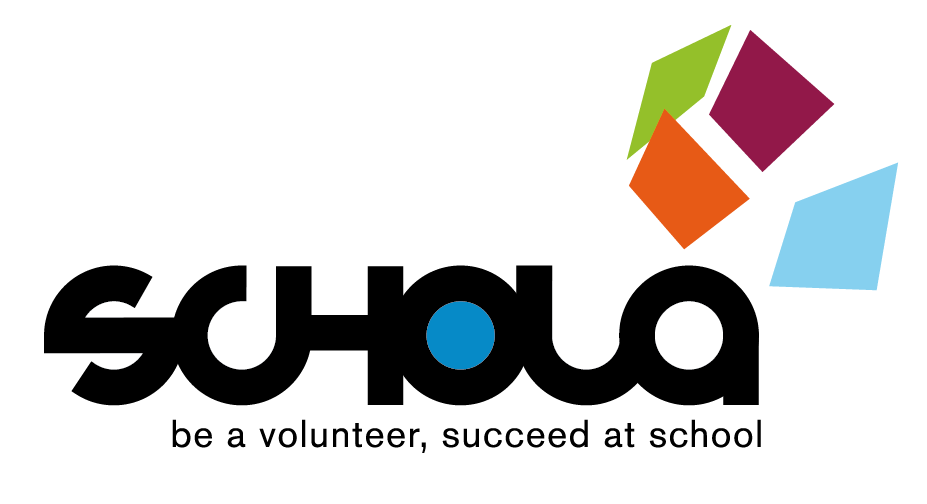

Initiated by the Collège Blaise Pascal (Massy, Essonne) together with riv conseil, the project Schola - selected during the call for proposals Erasmus + 2016- gathers a European team in France, Belgium (Karel De Grote Hogeschool, Anvers), Italy (Universita degli Studi di Perugia, Pérouse), Slovenia (ZRC-SAZU), and Poland (University of Jagiellonski, Cracow). The Schola project aims at offering new approaches to strengthen the education and training paths of prospective and practicing educators/youth workers ; equipping them with all competences and skills needed to deliver high quality services and address increasingly diverse needs e.g those posed by multicultural societies. It is an innovative project aiming to reduce disparities in learning outcomes affecting learners from disadvantaged backgrounds/with fewer opportunities.
The Schola project addresses mainly educators in the broad sense- professionals and volunteers working with youngsters facing difficulties at school or already drop outs living considered as learners from disadvantaged backgrounds. Its aims and objectives are: to acquire knowledge on the reasons for an early school leaving (ESL) and the strategies offered to struggle against it, both on national and European levels ; to motivate mentors – teachers and professionals in association - by understanding the role they play in the educative community through extra-school activities ; to learn to learn on insisting on the key competences (EU, 2006) and the different types of learning (formal, non-formal, informal - Copenhagen process) and the combination between volunteers and professionals in the field ; to explain the benefits of alternative pedagogical strategies, in complement to school, on the basis of a voluntary experience (cf SAS project).
Key Tutors- former des tuteurs aux compétences clés - 2015-2017


The 8 Key competences are the European Framework adopted by the European Commission & Parliament in 2006 in order to enhance the competence approach in Europe. It takes into account 4 basice competences. France combines KC1 – communication in the mother tongue and KC6- social and civic competence. Spain combines KC 2 – communication in a foreign language and KC8- cultural awareness and expression. Lithuania combines KC3- Mathematical competence and basic competences in science and technology and KC 5- Learning to learn. Finland combines KC4- digital competences and KC7- sense of initiative and entrepreneurship. Poland combines KC1- communication in the mother tongue and KC5- Learning to learn.
Di&Di- promouvoir la diversité en luttant contre les discriminations - 2013-2015

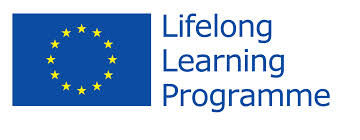
The Di&Di project aims at proposing a tool and strategy for two specific target groups: qualified youngsters with migratory background and low qualified women also with a migratory background. It will propose a tool & mentoring that should allow them to take into account their special needs, to value their route, to define their professional profile on the basis of positive choices (and not being assigned to specific jobs). Albeit their profiles might be different the difficulties on the labour markets are quite similar. The Di & Di project should enhance exchange of experiences between youngsters and women in order for them to build their professional future. The youngsters may transfer knowledge and specific competences; women will transfer their experience and other competences.
The main innovation of the Di & Di project is : to address directly people with a migratory heritage to support them on the labour market focussing on two specific target groups (qualified youngsters and low qualified women); to propose a tailor made training to these special target in order to make them think of a professional future ; identify skills and competences ; open their perspectives for employment or new professional career, with a special view to enhance their creative and spirit of entrepreneurship competences ; to propose a mentoring, a collaborative method meant to enhance the exchange of experiences and competences among two target groups with different profiles (qualified youngsters & low qualified women)
Success at school – SAS - 2012-2014
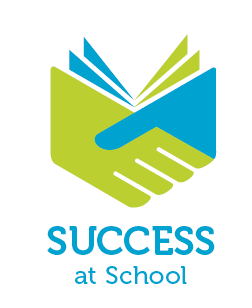
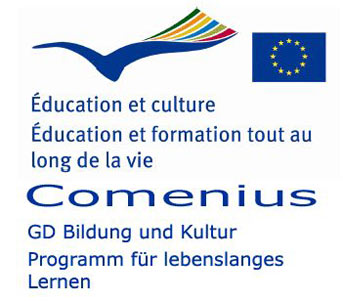
Initiated by iriv together with the University of Northampton, this project is financed under the Lifelong Learning Programme, Sub-programme Comenius. The main aim of the Comenius project « Success at School through Volunteering » is to propose to youngsters living in difficult areas a pedagogical approach to enhance a voluntary involvement to succeed at school. The project gathers six countries : France, Bulgaria, Italy, Portugal, United Kingdom and Slovenia. This project was awarded first place in the selection 2012 of the Comenius projects. It is offering a training programme to youngsters facing difficulties at school based on volunteering ; it will value this experience in the spirit of the Vaeb project.
At the 2000 European Council in Lisbon, the Union defined the dimension of the school failure problem as : “The number of 18 to 24 years old youngsters with only lower-secondary level education who are not in further education and training”. An EU benchmark was set, that the proportion of early school leavers should not be more than 10% by 2010 (European Commission, 2006). By 2006 only six of the twenty seven Member States had met this benchmark. The average early school leaving statistic in the remaining twenty-one countries is 18%. This is nearly the double the benchmark to be reached by 2010-“ a real challenged” underlined the European Expert Network on Economics of Education (EENEE) under the direction of George Psacharopoulos (The costs of School Failure – A Fesaibility Study, June 2007). The situation is different from one country to another : in 2007, the proportion of youngsters 18-24 years having left early school was 39,2% for Portugal, 18% in Bulgaria ;13,1% in France and 13% in the UK and 5,2% in Slovenia.
Bénévolat & compétences - 2009-2011
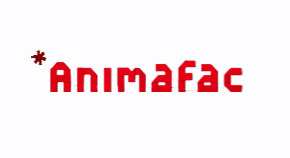

Animafac with the support of Ministère du travail, de l'Emploi et de la Santé ; de la Délégation générale à l'emploi et à la formation professionnelle ; de l'ACSE et du Ministère de l'Education nationale, de la Jeunesse et de la Vie associative asked iriv to build a portfolio to assess the voluntary experience acquired by students.
← Last projects - Former projects →























